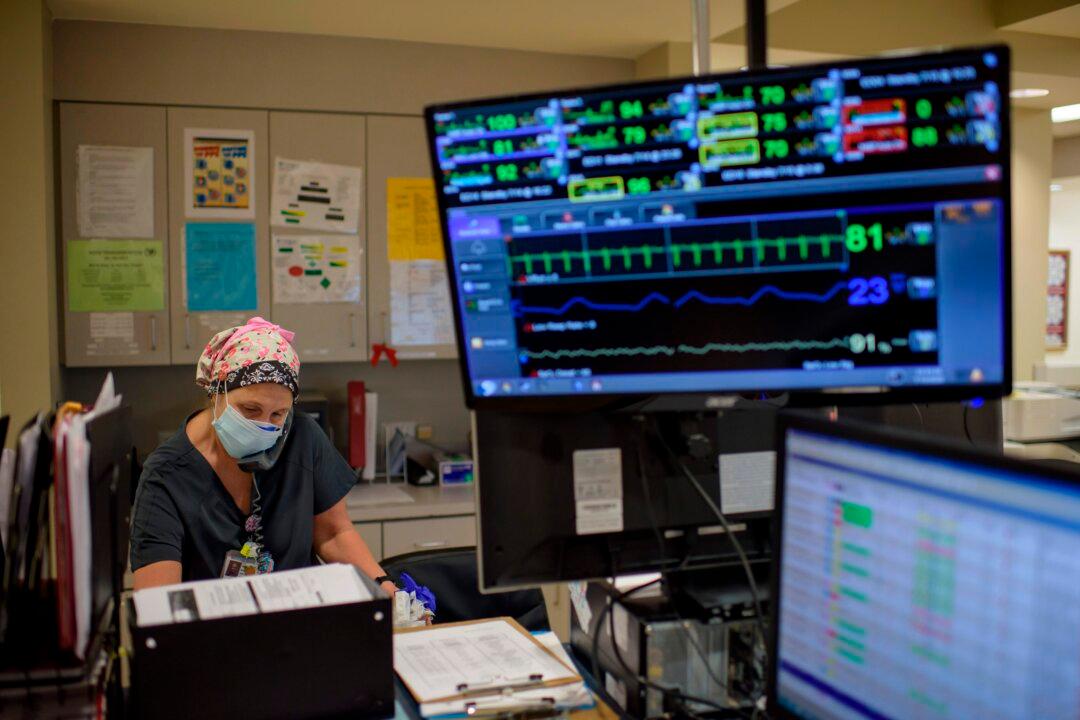Hospitals and health care providers across the United States have been hit this week by a coordinated attack from a ransomware gang that operates from Eastern Europe.
Beginning Oct. 26, six hospitals including facilities in Oregon, California, and New York were targeted in the space of 24 hours by hackers, with some using a type of ransomware known as “Ryuk” that locks up a victim’s computer until a payment is received.





